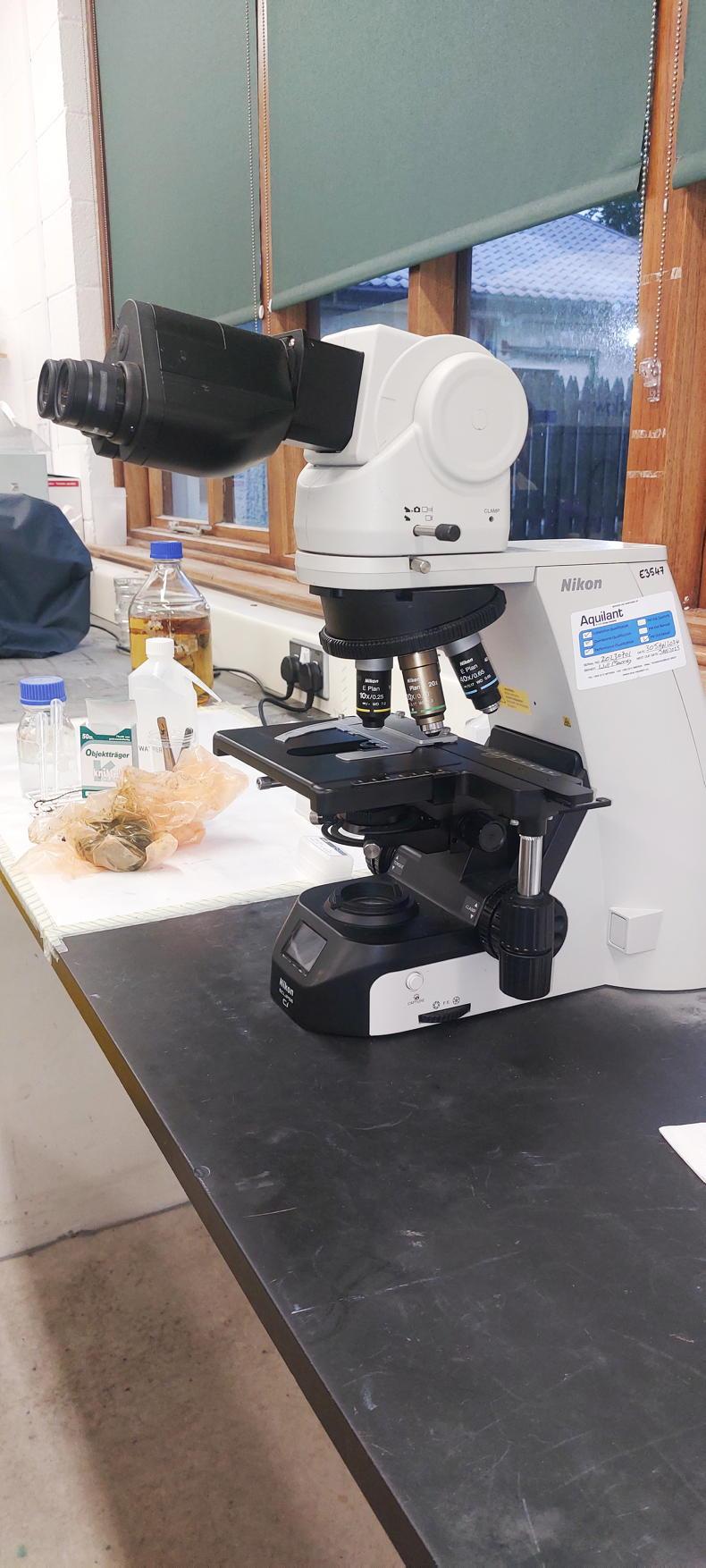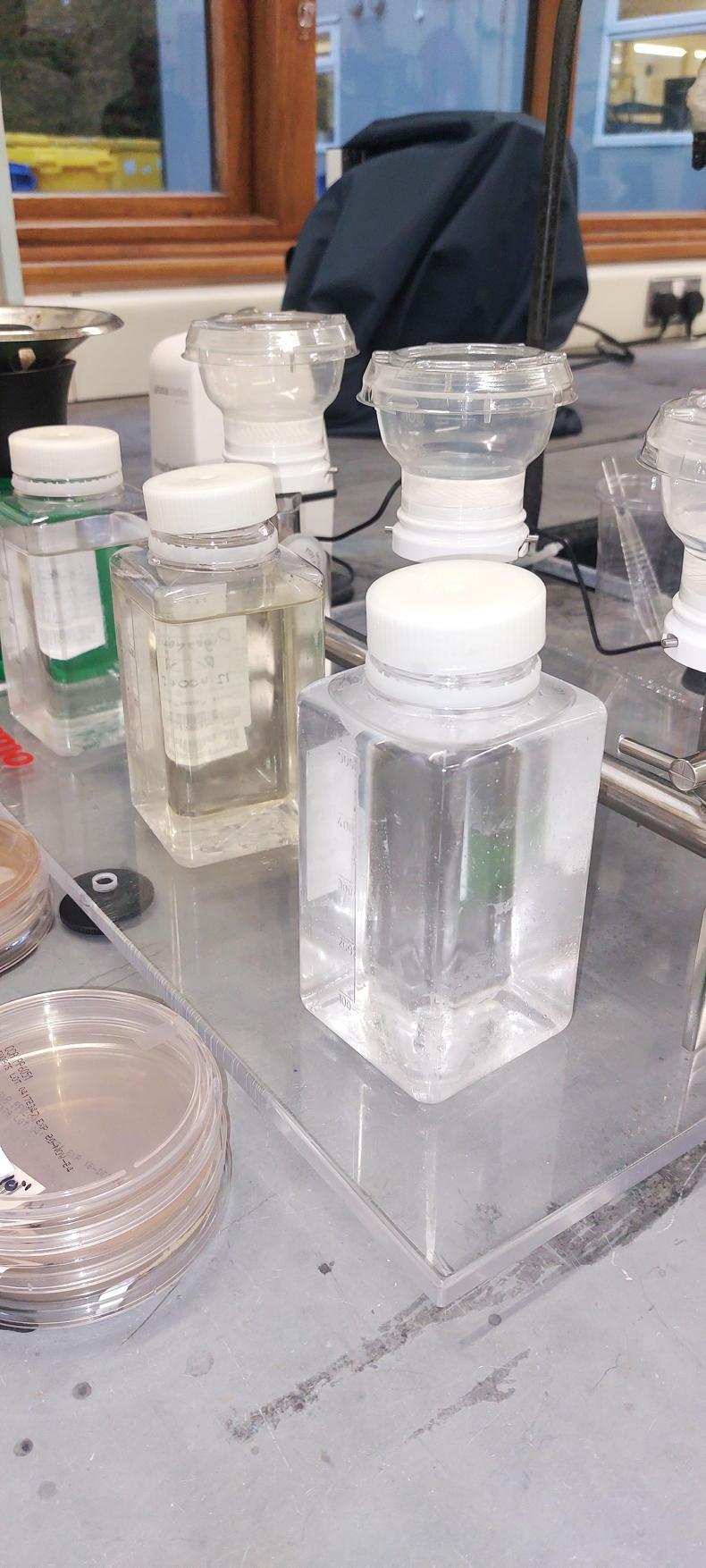PROBIOTICS have been used by humans for more than 5,000 years, with their development closely linked to that of dairy products and fermented foods. Today, probiotics are seen as an excellent non-pharmaceutical way to improve the health of both human and animals and there is a plethora of products to choose from. But what exactly is a probiotic and how do they work? Why would your horse need one? What types of probiotics are available for horses? These are all questions that horse owners ask frequently and which we will attempt to answer here.
What exactly is a probiotic?
The word ‘probiotic’ is of Greek origin meaning ‘for life’ and The World Health Organization (WHO) and the Food and Agriculture Organization of the United Nations (FAO) have defined probiotics as ‘live microorganisms which when administered in adequate amounts confer a health benefit on the host’.
People have long believed that exposure to non-pathogenic microorganisms can benefit the health of humans and animals. The thinking behind this is that daily consumption of sufficient numbers of ‘good’ microorganisms (either bacteria or fungi) can maintain a healthy population of microorganisms in the gut and benefit overall health. This population of microorganisms (bacteria, fungi, viruses, protozoa) is referred to as the microbiota of the gut, while the term, ‘gut microbiome’ refers to the genetic material associated with these microorganisms.
The gut microbiota/microbiome can be further categorised by anatomical location, such as the oral microbiota/microbiome in the mouth, the intestinal microbiota/microbiome in the intestines etc. As the benefits associated with some of the ‘good’ bacteria within the gut became known, these were referred to as probiotics.
Probiotics are used to manipulate the bacterial populations of the gut in order to re-establish the delicate microbial balance there which, in turn, confers health benefits on the host.
How do probiotics work?
There are four main mechanisms by which probiotics are thought to exert their effects:
If we consider the definition of a probiotic as “live non-pathogenic microorganisms that, when administered in adequate amounts, confer a health benefit on the host”, then this reference to ‘adequate amounts’ must be emphasised, and the dose administered is critical in order to ensure that the probiotic has the desired effect.
For horses, we must consider the route through the digestive tract that the probiotic strains must travel to arrive at their destination is a distance over 50 feet long. It is a race for survival! The gastrointestinal system has many obstacles along the passage, such as the acidic stomach environment and the dangers of exposure to bile and digestive enzymes, which they must survive.
The initial dose of ‘live’ probiotic strains is therefore crucial to ensure survival in the gut. Prebiotics are ingredients, such as carbohydrates and fibre, which promote the growth of these probiotic bacterial/yeast strains in the gut. Prebiotics are essentially the food for the probiotic strains and can help form a symbiotic relationship with the probiotic to improve the overall health status of the horse.
Why would you need to give your horse a probiotic?
Gut dysbiosis is a fluctuation or disturbance in the population of microorganisms of the gut, which may be linked to a wide range of diseases in horses. Gut dysbiosis can be caused by many factors ranging from dietary changes, antibiotics, disease, intense exercise and training, age, worms, environment, travel, or even minor stress events, but can result in major consequences, such as colic. Diet is one of the major factors contributing to gut dysbiosis.
Research has shown that forage-based diets (grasses and hay) promote the most stable gut microbiomes, but ultimately the equine athlete requires far more energy than a forage-based diet can supply. Supplementation of the diet with concentrates containing starch, such as grain, corn, barley and oats, can affect the number and type of bacteria in the gut.
Optimising diet composition is so important as carbohydrate overload, as seen with high-starch diets (>1g/kg bodyweight per meal), can change the populations of bacteria in the gut, alter pH, upset digestion and the gut environment and ultimately result in diseases, such as colitis, colic and laminitis.
The correct diet is essential for maintaining the delicate balance of bacterial populations. Probiotics can be used to either replace the bacteria missing in the gut and/or can help maintain the delicate microbial balance even in the face of adversity, such as abrupt dietary changes, antibiotic treatment and stress.
What types of probiotics are available for horses?
There are several probiotic products on the market and most are in powder or liquid form. There are two main categories of probiotics: generic and autogenous. Generic probiotics are off the shelf products, which contain specific strains of bacterial or yeast, singularly or in combination. The Lactobacillus and Bifidobacterium families, Enterococci and Yeasts, such as Saccharomyces cerevisae and boulardii, are the most common equine probiotic strains.
Advantages of generic probiotics are that they are widely available, easy to administer and they may be beneficial to horse health (if the strains are alive in sufficient numbers). Autogenous probiotics are specifically formulated using bacteria obtained from the horse’s own faecal sample and, as such, are uniquely adapted to that individual animal. These host-adapted bacteria are more likely to survive in the gut than non-adapted generic strains and so can quickly replenish absent or low levels of bacteria unique to the individual horse and thus maintain health.
The Irish Equine Centre can provide an autogenous probiotic tailored to the individual horse; for further information contact Kerrie Kavanagh or the Microbiology laboratory at kkavanagh@irishequinecentre.ie or microlab@irishequinecentre.ie


 This is a subscriber-only article
This is a subscriber-only article
 It looks like you're browsing in private mode
It looks like you're browsing in private mode







SHARING OPTIONS: